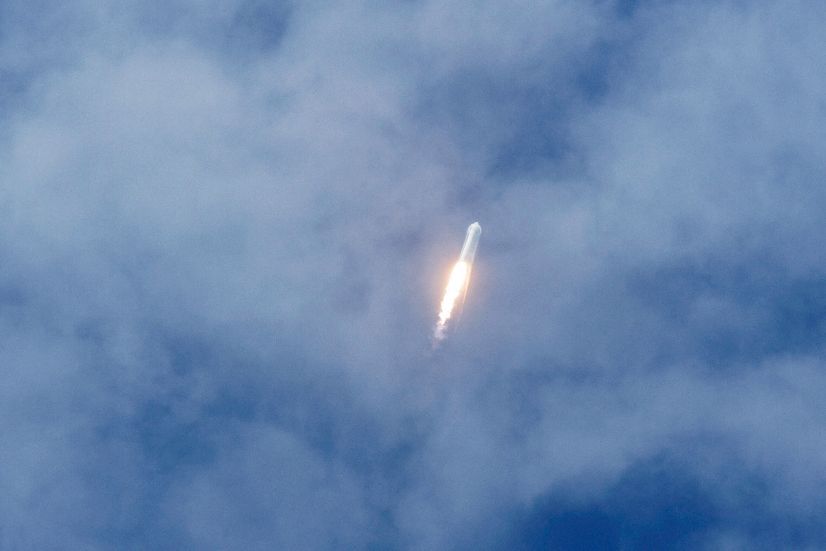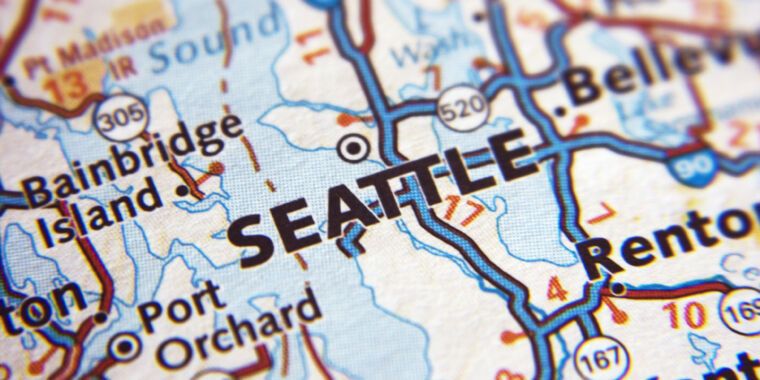NASA is already so impressed by the Starship that it has contracted SpaceX to build a lunar-landing version of it to return astronauts to the moon as early as 2024. The selection has enraged Musk’s rivals such as Blue Origin’s Jeff Bezos  Jeffrey (Jeff) Preston BezosSeat on Bezos-backed space flight sells for million at auction Researchers: Wealth accumulation at Ivy League presents ‘fundamental threat to our democracy’ Democrats reintroduce bill to create ‘millionaires surtax’ MORE and has perturbed some members of Congress. Both have only themselves to blame — Blue Origin for offering an inferior design and Congress for underfunding the Human Landing System project.
Jeffrey (Jeff) Preston BezosSeat on Bezos-backed space flight sells for million at auction Researchers: Wealth accumulation at Ivy League presents ‘fundamental threat to our democracy’ Democrats reintroduce bill to create ‘millionaires surtax’ MORE and has perturbed some members of Congress. Both have only themselves to blame — Blue Origin for offering an inferior design and Congress for underfunding the Human Landing System project.
Military technology development has often been defined by the advent of new ways to transport people and cargo. The racing galleon of the 16th century became the frigates and ships of the line that defined naval warfare in the 18th and early 19th centuries. The steam engine and iron and steel armor led to the dreadnoughts of the early 20th century. Modern warships incorporate nuclear power. Air travel has caused the same sort of evolution, from the motorized kites of World War I to modern jets that can deliver destruction and death from thousands of miles away.
Now, space transportation technology is poised to cause a similar revolution in the military’s ability to defend the United States and its allies and to inflict mayhem and death on any enemy that would propose to make war on America. The great irony is that the Starship will be used by a branch of the military that Musk once compared to Starfleet, the fictional service depicted in the “Star Trek” television shows and movies. The thought would likely bring a smile to the face of the franchise’s creator, Gene Roddenberry, in whatever afterlife one envisions him inhabiting.









